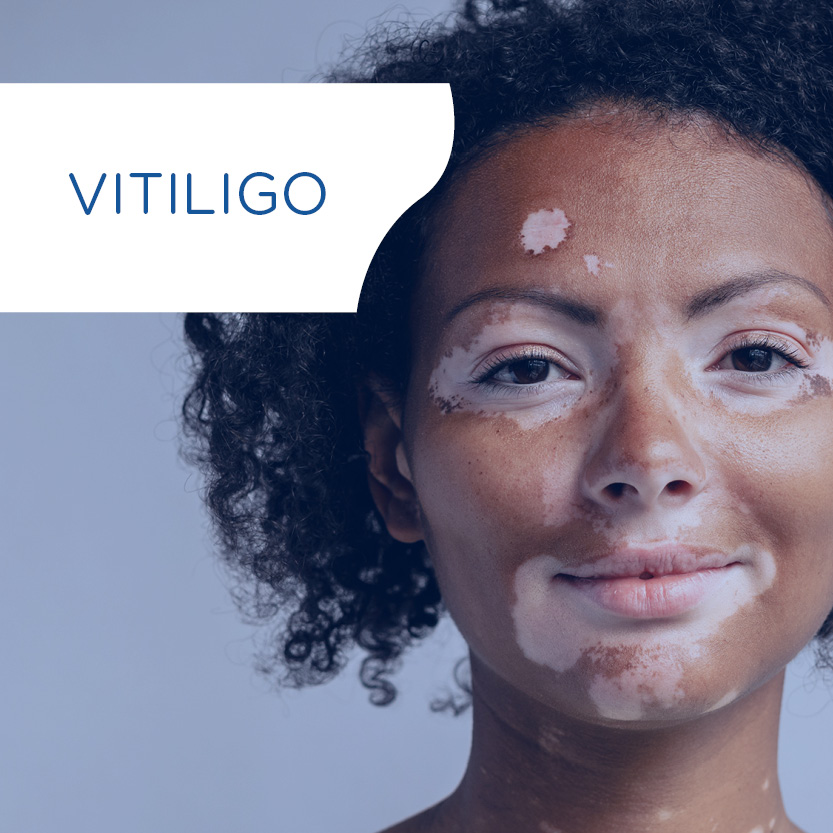Cultured keratinocyte cells from foreskin and future application for burns in children
Annales de chirurgie plastique et esthétique, 54(6):528-32
MCHEIK JN., BARRAULT C., VINCENT G., GRAMMATICO F., PECI S., GARNIER J., BERNARD FX., DEGUERCY A. and LEVARD G. (2009)
Chirurgie pédiatrique, hôpital Jean-Bernard, CHU de Poitiers, France.
BIOalternatives, Gençay, France.
Abstract
We tested in vitro the keratinocytes capacity for division and differentiation. The donor site was the human foreskin.
For 12 months, we harvested 18 foreskins after circumcision. The middle age of the operated children was four years. The keratinocytes were isolated after double enzymatic digestion (thermolysin and trypsin, respectively). After filtration and centrifugation we put the keratinocytes in culture. In parallel, the keratinocytes were cultivated on the surface of collagen lattices. The keratinocytes were cultured in submerged condition for two days and then in an air-liquid interface condition for further differentiation. After nine days of culture, a histological examination and immunostain were used. An immunohistologic analysis made it possible to highlight the markers characteristic of epidermal skin differentiation.
We obtained an average of 8.8 10(6) cells per foreskin. After seven days of culture, we obtained on average 23.7 10(6) cells by culture. In contact with the collagen lattices, we obtained an epidermal skin and we highlighted the markers of keratinocytes differentiation as well as the markers of the dermoepidermic junction.
The keratinocytes resulting from foreskin have a high capacity of division. These cells can divide a long time before differentiation. The observations enable us to propose with our patients the keratinocytes from foreskin for wound healing especially for burns in children.
© 2008 Elsevier Masson SAS.
KEYWORDS: Keratinocytes; Foreskin; Cultured skin; Experimental surgery
Check out Bioalternatives’ updates and experience new testing ideas
- Bioassays, models and services
- Posts and publications
- Events





